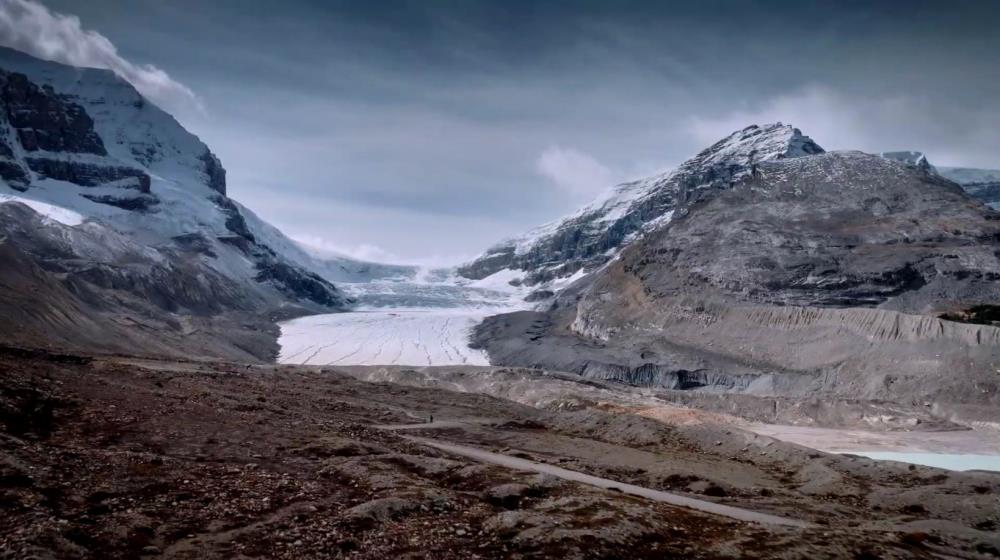
Related items loading ...
Section 1: Project Information
Project Name
IWGD: Is our Water Good to Drink? Water-Related Practices, Perceptions and Traditional Knowledge Indicators for Human Health
Led by
|
|
Lead 1
|
Lead 2
|
Lead 3
|
Lead 4
|
|
Name
|
Diane Giroux
|
Corinne Schuster-Wallace
|
Lalita Bharadwaj
|
|
|
Institution
|
Akaitcho Territory Government
|
University of Saskatchewan
|
University of Saskatchewan
|
|
|
Role
|
Co-PI
|
Co-PI
|
Co-PI
|
|
|
Contact Information
|
see Project Participants table below
|
|
|
|
Classification (e.g., "GWF Pillar 3", "CCRN", etc.)
GWF Pillar 3
Project Websites
Project Description
Is our Water Good to Drink explores the similarities and differences between:
- what is considered "good to drink" based on Traditional Knowledge, and
- what is considered "safe to drink" based on Western Science,
through the collaborative development of Traditional Knowledge indicators.
Problem:
While many Indigenous communities recognize Western Science (WS) standards for drinking water quality, potability as a concept is not sufficient enough to address the Indigenous concepts of “good” or “bad” in relation to water. The purpose of this collaborative research project is to develop Traditional Knowledge (TK) indicators.
Plan:
This project will explore the similarities and differences between WS indicators of what is considered “safe to drink” and the TK concept of what is “good to drink”. This will be achieved through an exploration of water-related health, how human health (encompassing physical, spiritual, mental, and emotional health) is affected by “good” and “bad” water, development of appropriate TK indicators, and community case studies.
Outcome:
Through this process and its outcomes, communities will be able to better understand and assess water-related health in Indigenous communities through a TK system and be able to share this with government agencies currently responsible for water management, remediation, and quality monitoring.
Project Participants
|
Diane Giroux | Indigenous Co-PI | AAROM Coordinator,
Akaitcho Territory Government aarom.coordinator@akaitcho.ca
867-394-3313 |
Corinne Schuster-Wallace | Academic Co-PI | Global Institute for Water Security & Department of Geography & Planning,
University of Saskatchewan
corinne.schusterwallace@gmail.com
306-966-2103 |
Lalita Bharadwaj | Academic Co-PI | School of Public Health,
University of Saskatchewan
lalita.bharadwaj@usask.ca
306-966-5553 |
Current Status of this Project


 GWFNet
GWFNet Master
Master Data
Data Research
Research Map
Map
 Advanced
Advanced Tools
Tools
 . . .
. . .
 Metadata Editor
Metadata Editor
 Record List
Record List
 Alias List Editor
Alias List Editor
 Legacy sites
Legacy sites